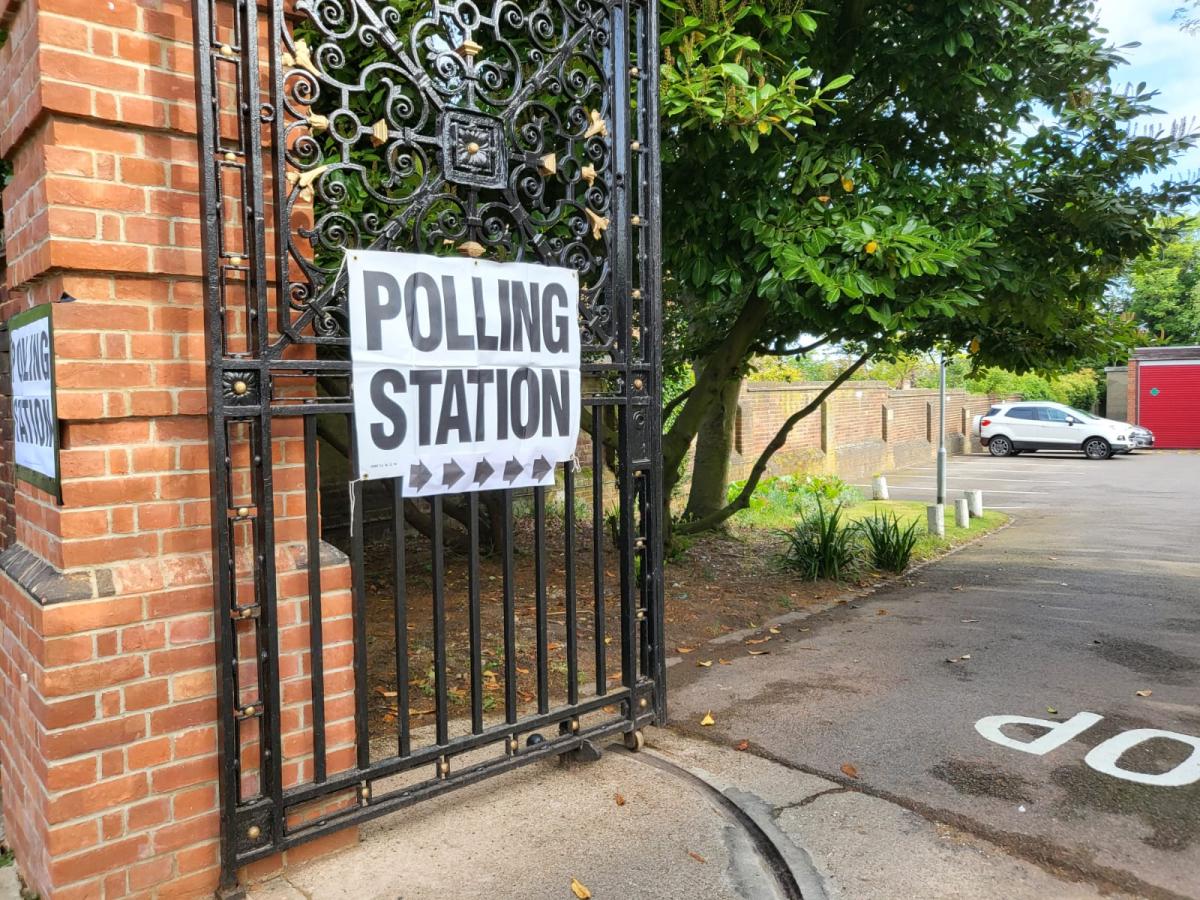
It’s the Greater London Authority’s (GLA) London Voter Registration Week. Make sure you are registered to vote (if eligible), check your voter ID and make sure your voice is heard in your next election.
Debbie Warren, Chief Executive of the Royal Borough of Greenwich, said: “Voting is one way to have your say on the issues that matter most to you – don't miss the chance to use your voice.
“You’ll need to be registered and have a valid form of identification to vote in any election. And if you don’t have a valid photo ID, it’s easy to apply for a free Voter Authority Certificate.”
To apply for free voter ID, known as a Voter Authority Certificate, you can either:
- use the online portal at voter-authority-certificate.service.gov.uk
- contact our Elections team at elect@royalgreenwich.gov.uk or call them on 020 8921 5882 to request an application form sent by email or post.
Those that have an accepted form of ID already do not need to apply.
Accepted forms of ID include a UK, European Economic Area (EEA) or Commonwealth passport; a UK or EEA photo drivers’ licence; and some concessionary travel passes, such as an older person’s bus pass or an Oyster 60+ card. Voters will be able to use expired ID if they are still recognisable from the photo.
You can apply online at gov.uk/apply-proxy-vote if you need to vote by proxy. Both you and your proxy must be registered to vote in the UK before you can apply. You can also apply for a postal vote, which will be valid for three years, at gov.uk/apply-postal-vote
Did you know?
- Voting rights for some EU Londoners have changed. You can still vote in local elections if you're from Denmark, Luxembourg, Poland, Portugal or Spain, or from another EU country + lawfully resident in the UK before 31 Dec 2020.
- If you have no fixed or permanent address, you can still register to vote by making a declaration of local connection - whether it’s where you spend most time or feel most connected.
- You have to register to vote every time you move address, including moving into university accommodation.
- Anonymous voter registration protects those at risk, like survivors of domestic abuse, so everyone who is eligible can register to vote and be heard safely in decisions that affect their future.
- You need to register to vote again if you change your legal name, your address, or your nationality. If you gain British citizenship, it carries with it full voting rights.